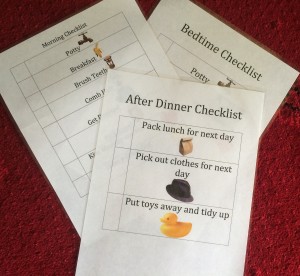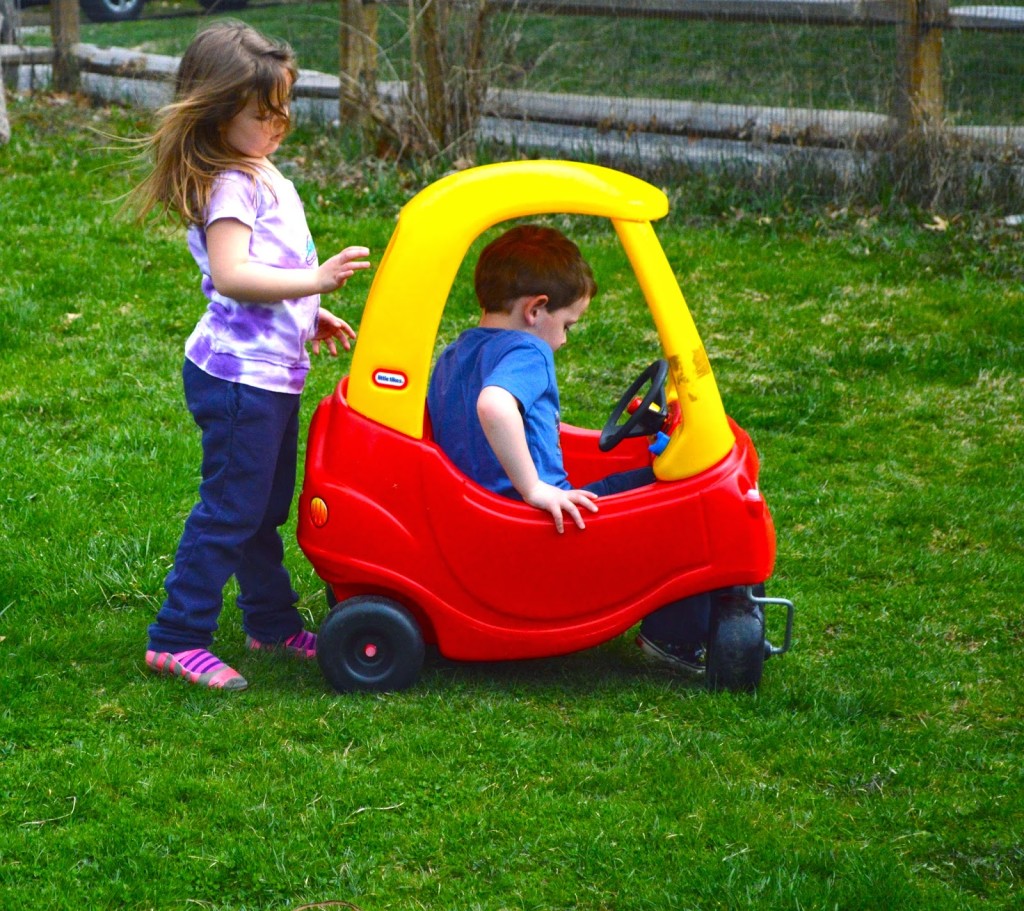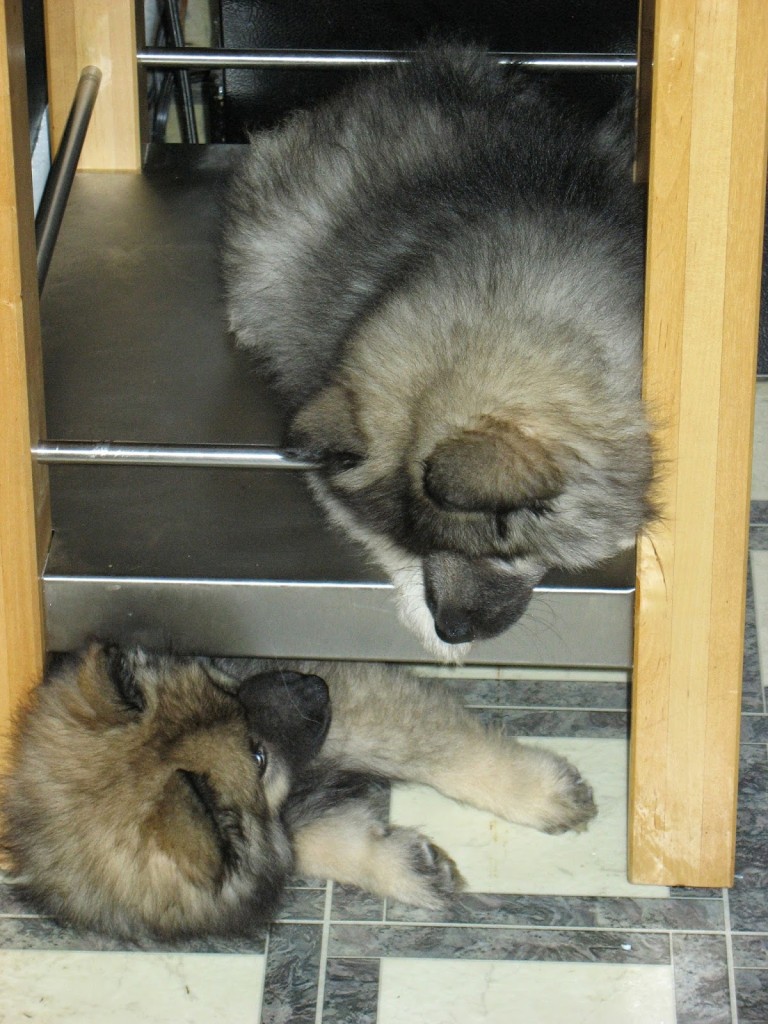This is my face whenever someone makes comments such as: “ADD/ADHD doesn’t exist, you know we are all a little ADD”. Most of the time these are well meaning people, trying to make me, or someone whose child has been diagnosed with ADD/ADHD feel better. Let us just be clear. It does exist.
If you have it, you know you do not think like everyone else. You know that most individuals learn to control their impulsive behavior by the time they are adults. You know that everyone does not have a brain that highlights and underlines every single thought and piece of information that it encounters. If you are hyperactive, you know that what you do in an average day would exhaust someone without your energy. You know that hyper-focus can be your best friend or worst enemy.
Everyone may feel like they are distracted and can’t keep it together at times. Some people are forgetful, or they might even feel like they can’t sit still occasionally. This is not the same as the compulsion to move that accompanies hyperactivity, nor is it the brain that refuses to shut down so your body can sleep.
It is also not the feeling that you have, as a kid, when it seems like everyone else has some secret knowledge that enables them to turn assignments in on time, write neatly, and accomplish tasks in an orderly, timely fashion.
As a child, even with the best of intentions, I struggled with behavior and focus in the classroom. I grew up before medication. I can remember overhearing other parents telling my parents that what I needed a was “firm hand” and to learn self-discipline. More than one of my teachers labeled me lazy and unmotivated.
What saved me was a mom that understood that I needed to move, that I needed an outlet for my energy and creativity, and that I needed help with organization. My mom made sure that I had space to run, a garage for my experiments, and tools and supplies for my creative pursuits. She encouraged me, and always told me I was smart. I am grateful that my mom figured out that I needed help with learning how to manage my time and organization. She was always willing to try new things to help me succeed. She never made me feel that school was about my grades. She wanted me to understand that working hard and learning were what was most important in life.
If you have a child that struggles with organization, procrastination, and focus, with a diagnosis of ADD/ADHD, or without, please remember: no one willfully fails. These are my tips for working with kids that are struggling with focus, procrastination, and organization. If you are a parent who has ADD/ADHD implementing these tips may be difficult, do the best you can. There are links at the end of this post to organizations and websites that provide more information and support.
1. If your child has been diagnosed with ADD/ADHD, accept it. Educate yourself. If you suspect that you may also have ADD/ADHD get tested. Many successful and creative people have ADD/ADHD. When I say accept it, I am not saying that you will not have grief and sadness. Feel your feelings, but do not let them paralyze you. Your child needs to know that you love them, and that they may need to work harder than their peers, but that they can succeed.
2. Do not rely on medication alone to help your child. Medication is only part of ADD/ADHD management. Eating well, getting adequate sleep, designing and implementing individual education plans, healthy routines and habits are integral parts of the management plan.
3. Plan, Plan, and Plan some more. You have to have a plan for the day. Get your child to assist in the planning. Write your plan down, post it where your child can see it if they get off track. Instead of squelching spontaneity, having and implementing a plan will create time for your child to work on their own projects and creative pursuits.
4. Allow your child the space to explore their own interests. Creative acts are an important part of self-care. Many ADD/ADHD individuals are very creative and need an outlet for their creativity. I wrote a post about self-care and creativity (here). Working on their own projects can be used as motivation to complete tasks that are not so fun.
5. Do not waste time feeling guilty, blaming yourself, etc. Love your child. Love yourself. Life may be more complicated with ADD/ADHD, but you will never be bored!
6. Use timers. Get your kids used to using timers to help them manage their time. I wrote a post (here) that addresses using timers to manage your time and get things done. Children can learn to use timers to check themselves and gain confidence in their ability to self-manage.
7. Avoid negative, ignorant, and foolish people. You know who they are. The people that want to minimize what it is like to live with a child who has ADD/ADHD. The people who make you feel like you are an inadequate parent, or that your child just needs discipline. This may be difficult if you are related to them. Limit your interaction with people who are critical of your child, or your parenting skills. Stand up for your child and yourself.
8. Do not give up. If you try something and it does not make things better, than try another method. Expect setbacks but do not give up on your child or yourself. Keep trying.
Here are some links to organizations that offer tips and support:
http://www.chadd.org
http://www.add.org
http://www.additudemag.com
http://www.ldpride.net/
http://www.drhallowell.com
If you are a parent with ADD/ADHD and your child has ADD/ADHD it may feel hopeless at times. Don’t give up. It is possible to become more organized and have less drama in your life. Work together with your child. Reach out to other parents and friends who are supportive. Believe in you ability to help your child and yourself.
 |
| Thanks Mom, for not giving up.
|
 Checklists are very simple time management, and organizational tools. Pilots have used preflight checklists for years, as a means to ensure that everything that needs to be done before take off is complete. Most medical facilities have incorporated checklists for safety in operating rooms, prior to procedures. As a mom with ADHD, getting my kids and myself out the door for school and work in the morning can feel overwhelming. I wrote about this last year in this POST. In that post I talked about creating morning checklists for yourself to help organize your mornings. Checklists are an easy way for adults and children to overcome the difficulties with organization and distraction that individuals with ADD/ADHD battle every day.This year the kids want to manage their own checklists. As they are just starting to read, I added visual clues to the checklists to help them and laminated them so that they can use dry erase makers and reuse them. Our mornings are not effortlessly organized, but they are a heck of a lot better than they are without the checklists. Checklists can help both adults and children feel more in control, and relieve the anxiety that can accompany ADD/ADHD that occurs from the chronic worry that we are forgetting something important. “But what if I lose the checklist?” I hear you saying, and prior to finding an application for my phone, my checklists were on scrap paper, and I would loose or misplace them and create more stress for myself as I ransacked my house or desk trying to find them. Trello (HTTPS://TRELLO.COM) is an application makes it easy to create note cards and checklists. The best part is that it is free, and no, they do not pay me to recommend this app. Unless you are using it for your business the free version is powerful enough to use for most people. Checking a list electronically lacks the joy that comes from scratching through a paper checklist but the benefit of not loosing my checklists has me hooked.Analog or virtual, checklists can be powerful weapons against forgotten items and tasks, try them and see if they make a difference in your life.
Checklists are very simple time management, and organizational tools. Pilots have used preflight checklists for years, as a means to ensure that everything that needs to be done before take off is complete. Most medical facilities have incorporated checklists for safety in operating rooms, prior to procedures. As a mom with ADHD, getting my kids and myself out the door for school and work in the morning can feel overwhelming. I wrote about this last year in this POST. In that post I talked about creating morning checklists for yourself to help organize your mornings. Checklists are an easy way for adults and children to overcome the difficulties with organization and distraction that individuals with ADD/ADHD battle every day.This year the kids want to manage their own checklists. As they are just starting to read, I added visual clues to the checklists to help them and laminated them so that they can use dry erase makers and reuse them. Our mornings are not effortlessly organized, but they are a heck of a lot better than they are without the checklists. Checklists can help both adults and children feel more in control, and relieve the anxiety that can accompany ADD/ADHD that occurs from the chronic worry that we are forgetting something important. “But what if I lose the checklist?” I hear you saying, and prior to finding an application for my phone, my checklists were on scrap paper, and I would loose or misplace them and create more stress for myself as I ransacked my house or desk trying to find them. Trello (HTTPS://TRELLO.COM) is an application makes it easy to create note cards and checklists. The best part is that it is free, and no, they do not pay me to recommend this app. Unless you are using it for your business the free version is powerful enough to use for most people. Checking a list electronically lacks the joy that comes from scratching through a paper checklist but the benefit of not loosing my checklists has me hooked.Analog or virtual, checklists can be powerful weapons against forgotten items and tasks, try them and see if they make a difference in your life.




